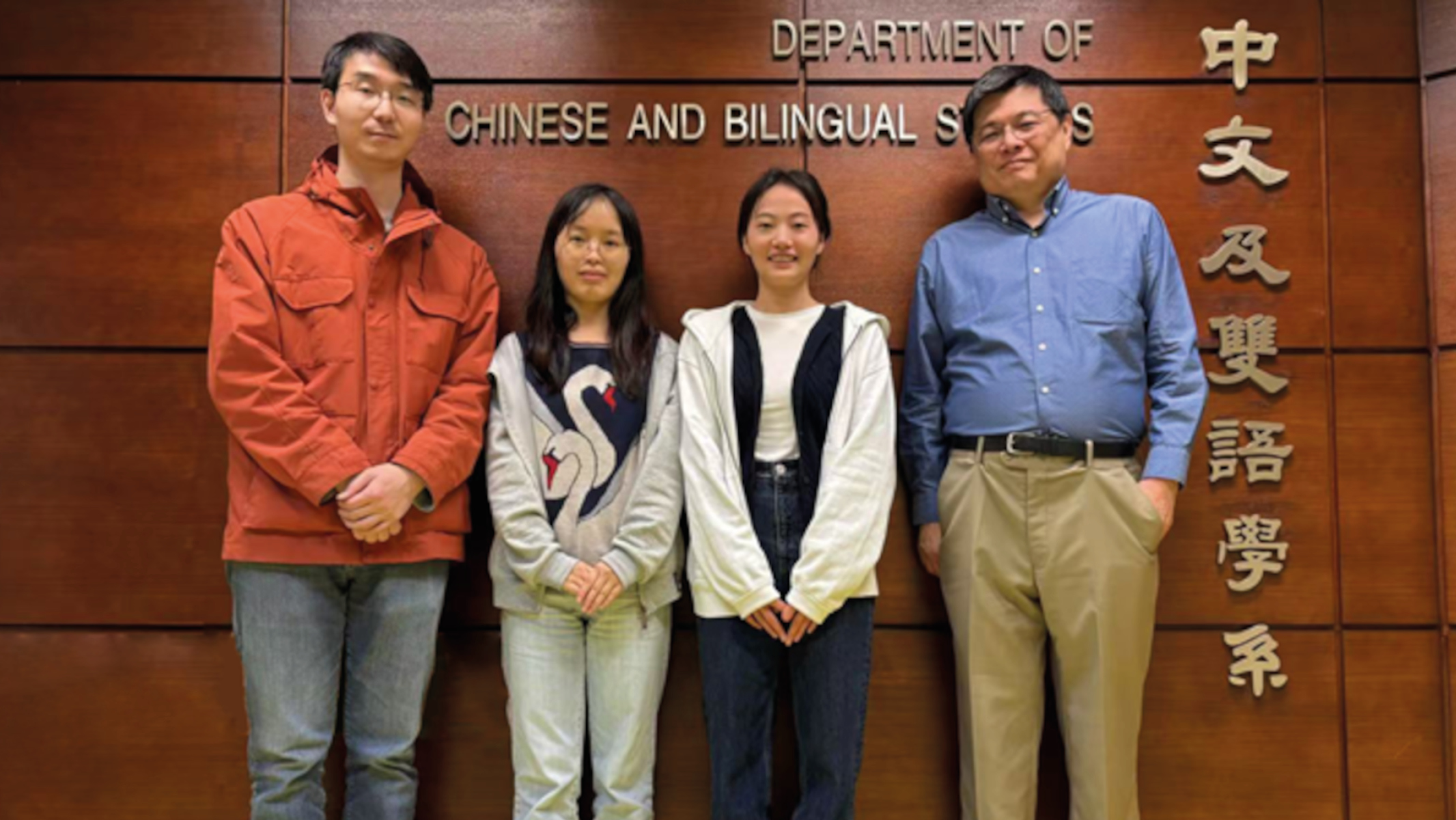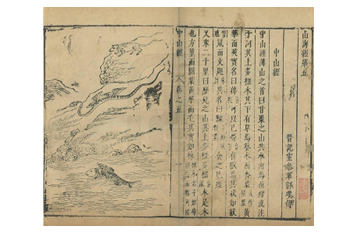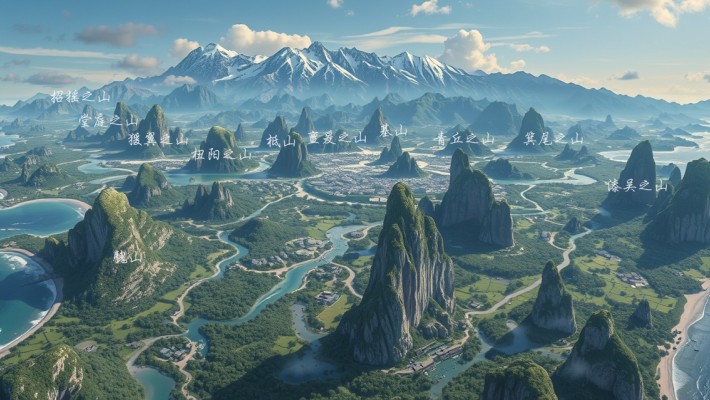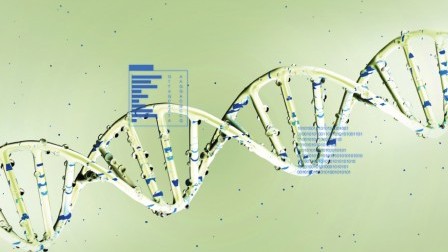Revitalising the Classic of Mountains
Harnessing the power of AI to paint a vivid picture of a legendary tome
Among the treasures of ancient Chinese literature, the Classic of Mountains and Seas (Shan Hai Jing) is a remarkable work that has enchanted readers for more than 2,000 years. It paints a vivid picture of a fantastical world, merging mythic landscapes with descriptions of incredible creatures.
A breathtaking classic
Comprising 18 volumes, this exceptional collection is split into three distinct parts: the Classics of Mountains, the Classics of Seas, and the Classics of Great Wilderness. With a total of over 31,000 words, it provides a wealth of information on more than 100 countries, and mentions over 500 mountains and more than 300 waterways, as well as the geography, traditions, products, and myths of different regions. Although its content cannot be independently verified, the book remains an important reference for understanding the customs and geography of different regions.
A PolyU research team led by Professor Huang Chu-ren, Chair Professor of Applied Chinese Language of the Department of Chinese and Bilingual Studies, is conducting a project to analyse the Classic of Mountains. The team leverages artificial intelligence (AI) to transform and enhance the understanding of ancient Chinese geographical and ecological knowledge.
Entitled the “Integration of Knowledge from the Classic of Mountains: Using AI to Reconstruct Ancient Ecological and Geographical Heritage”, this trailblazing endeavour combines scientific advancements with the humanities, adopting an interdisciplinary approach to enhance and revitalise China’s cultural heritage. By extracting and formally representing geographic and ecological knowledge from historical works, the project addresses the limitations of traditional text studies. It provides innovative solutions for digitising ancient texts, facilitating the transmission of knowledge, and visually presenting historical geographical and ecological information.
Traditional ecological knowledge is recognised as a shared cultural heritage and a critical tool for tackling today’s environmental challenges.
A deep and systematic understanding of ancient geography and ecology provides us with longitudinal data about how our environment has changed. This is also crucial for contemporary ecological governance.
~ Professor Huang Chu-ren
Using AI to enhance and revitalise cultural heritage
The innovative application of digital technologies is opening up new possibilities for the preservation and dissemination of traditional knowledge and cultural heritage. The research team uses various AI technologies, including information extraction, knowledge graphs, graph retrieval-augmented generation (RAG), and large language models (LLM), to analyse, organise, integrate, and present the geographical and ecological knowledge embedded in the text.
The goal is to create a detailed knowledge system that can be used as a template for studying how the geography and environment of ancient China changed over time. For example, it will assist researchers looking into other old texts and records from different Chinese dynasties, offering valuable insights and enabling a better understanding of historical events.
As a first step, the team is building a question-and-answer platform that gathers information about the landmarks mentioned in the Classic of Mountains, along with a digital map that shows the geographical features described in the book.
The PolyU project was selected as one of the top ten innovative exploratory projects in Tencent’s Tanyuan Scheme 2024, which was guided by the Science and Technology Education Department of the National Cultural Heritage Administration. The competition attracted 79 entries from 48 universities and research institutions, with PolyU being the only institution from Hong Kong and Macau to be selected.

Professor Huang Chu-ren (first on the right) leads the research team, which includes postdoctoral researcher Dr Tang Xuemei (second from the right), PhD student Ms Liang Ke (second from the left), Dr Gu Jinghang, Research Assistant Professor (first on the left), and Professor Su Qi, Associate Professor, Peking University (not in photo).

A page from volume five of the Classic of Mountains and Seas.






